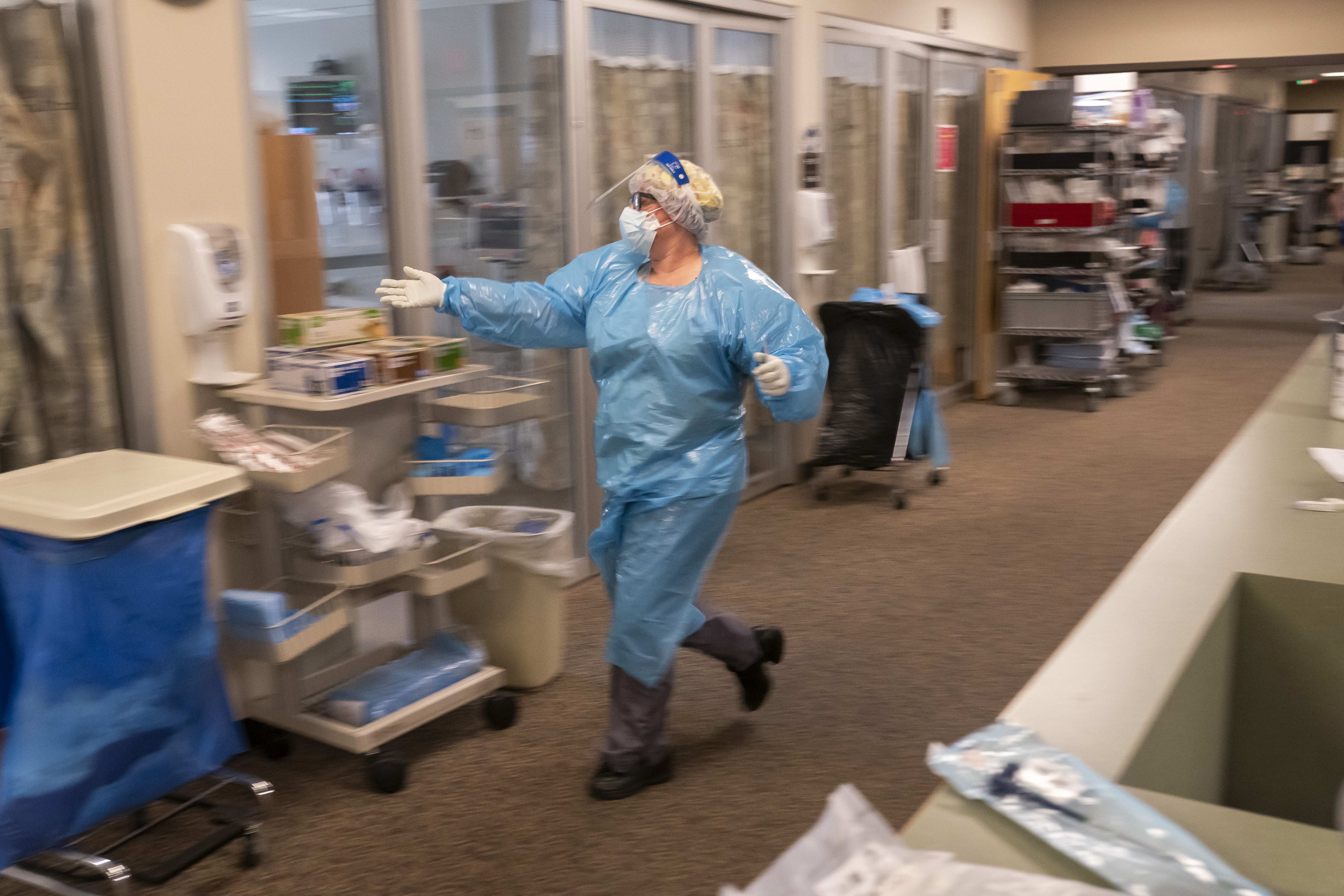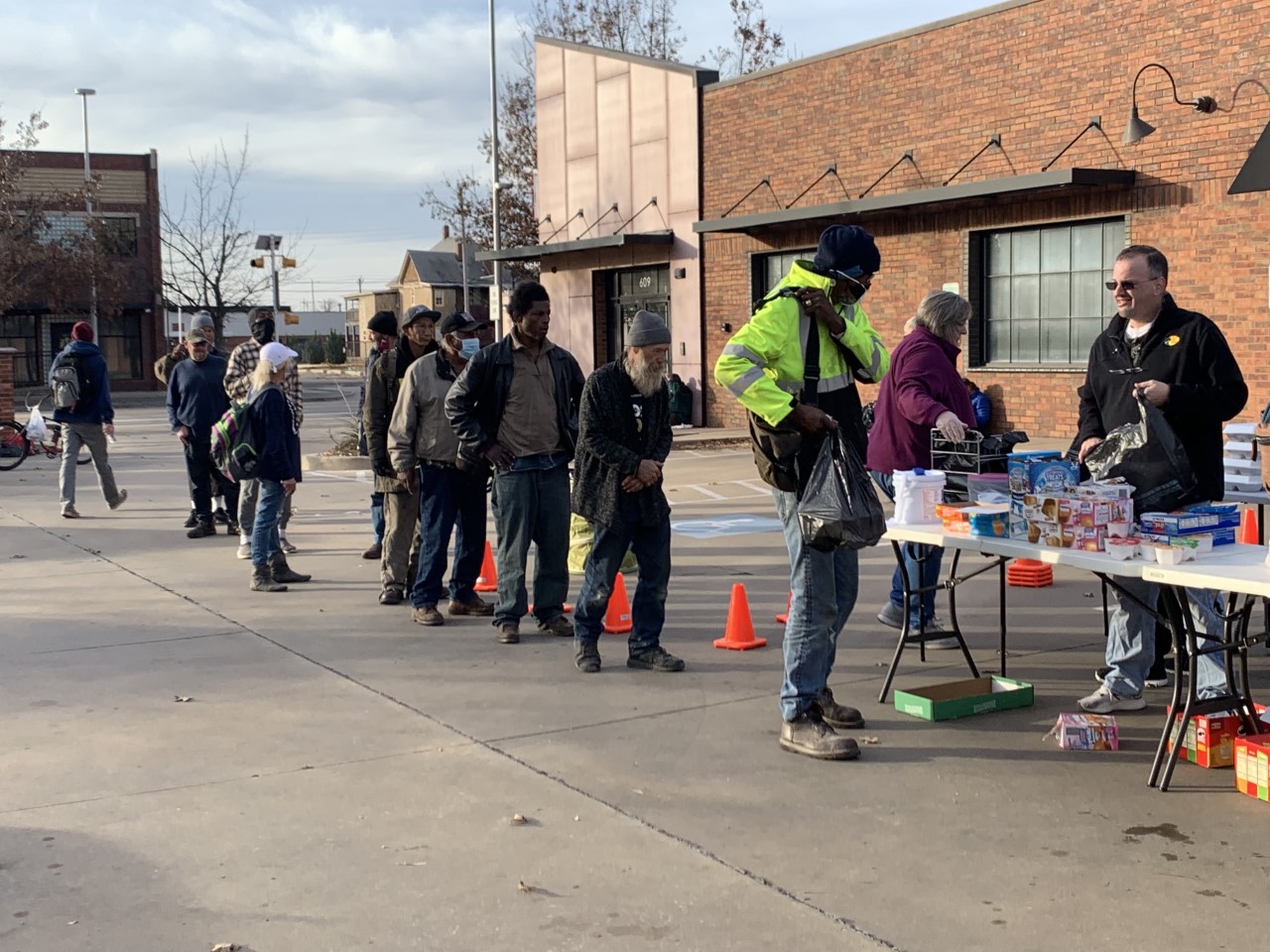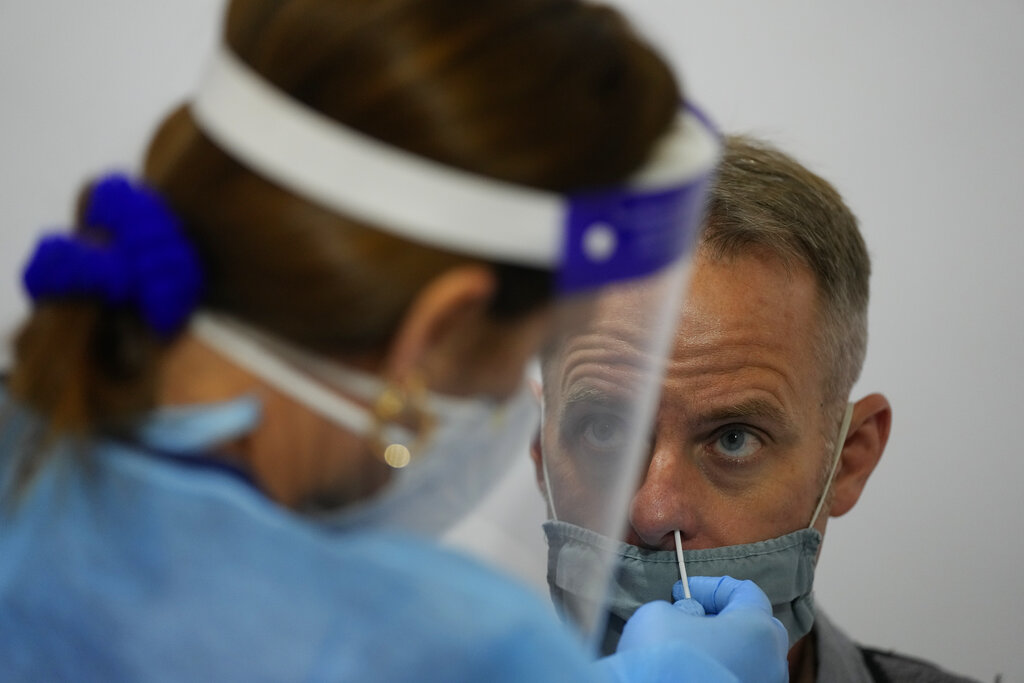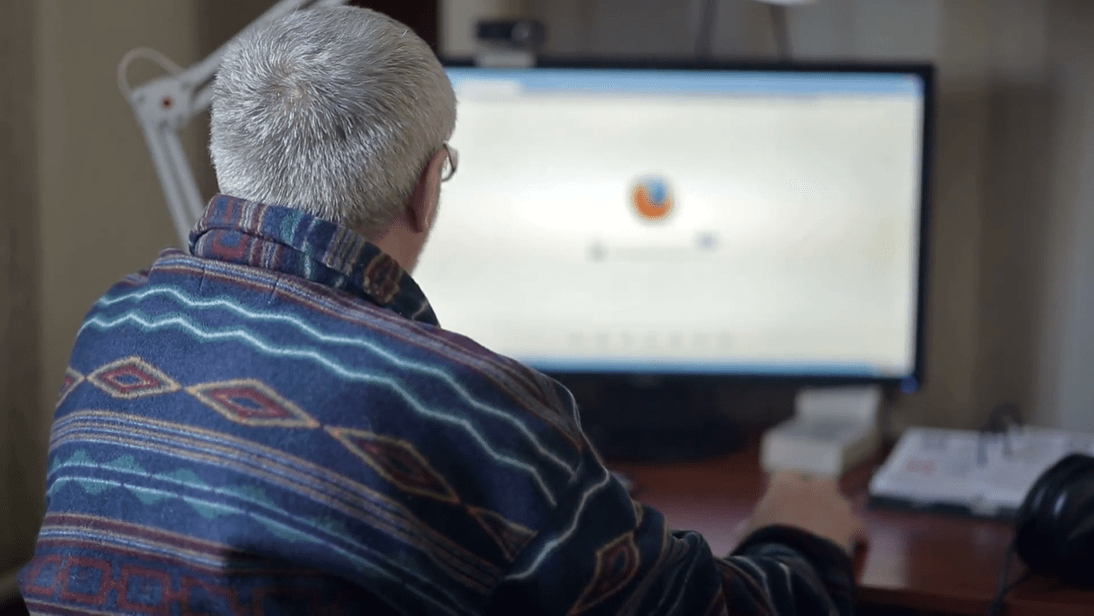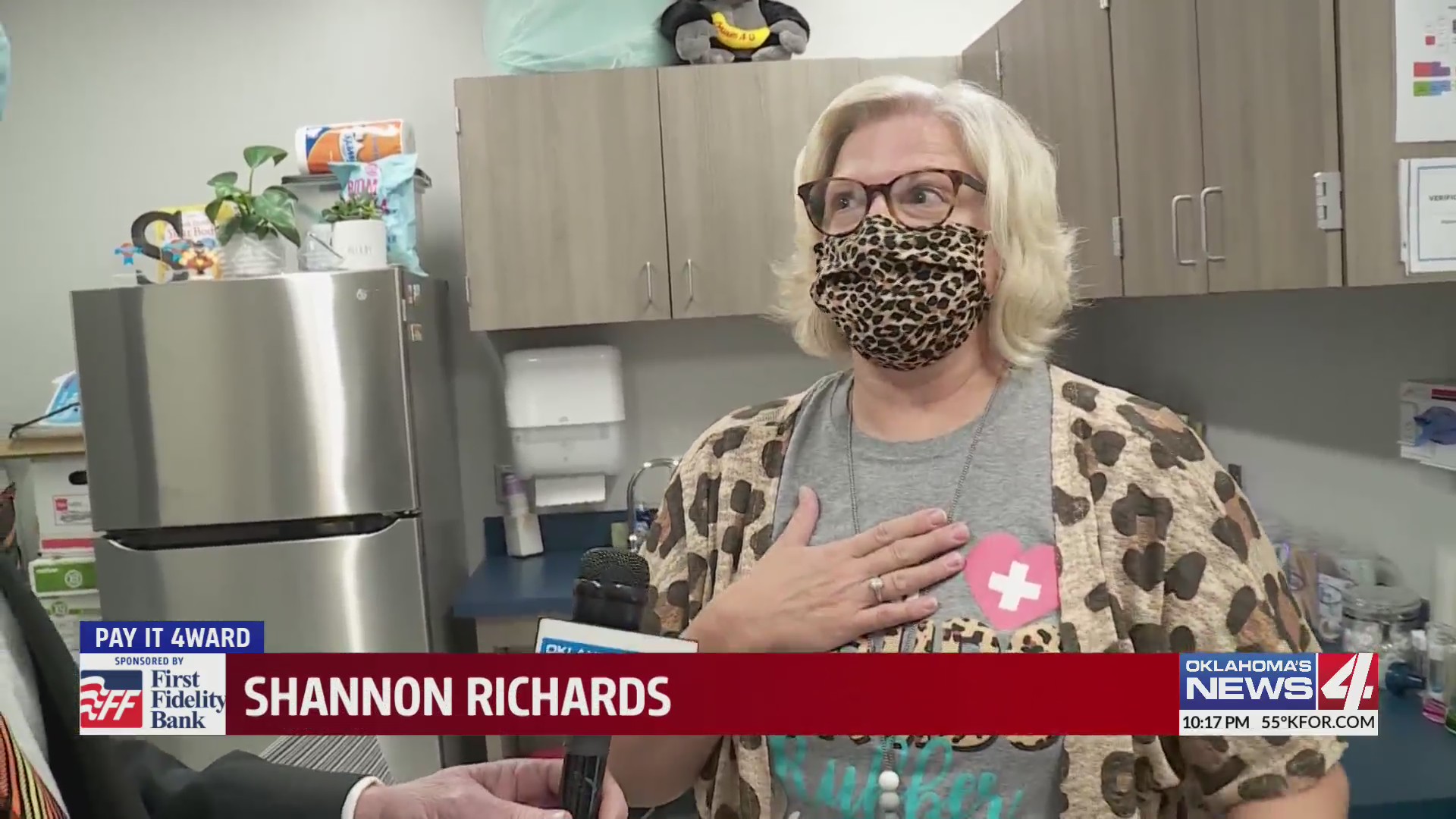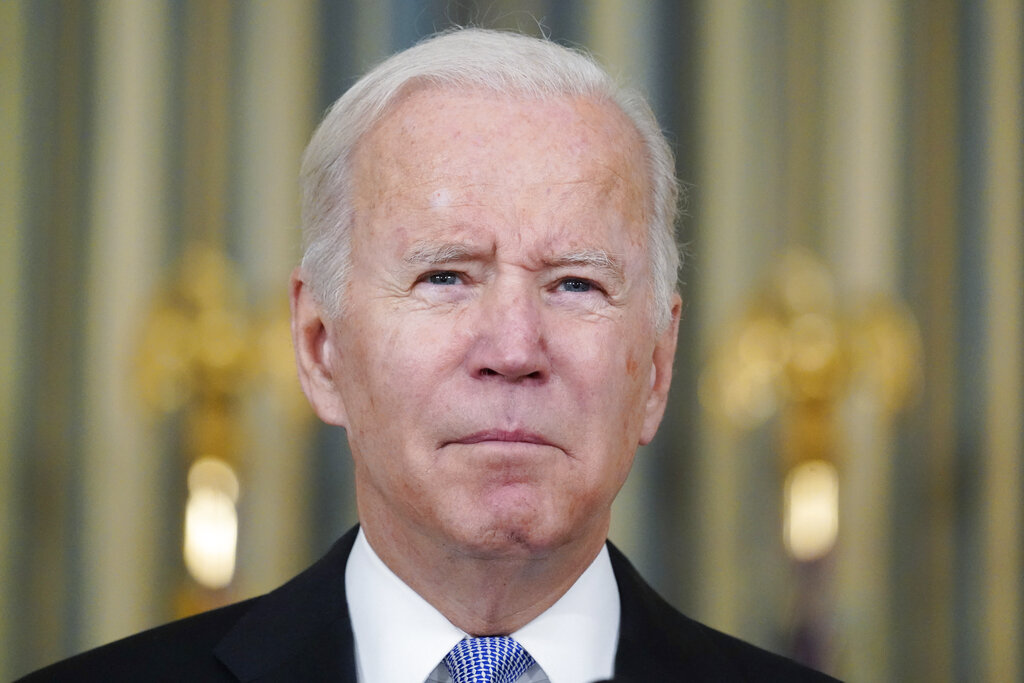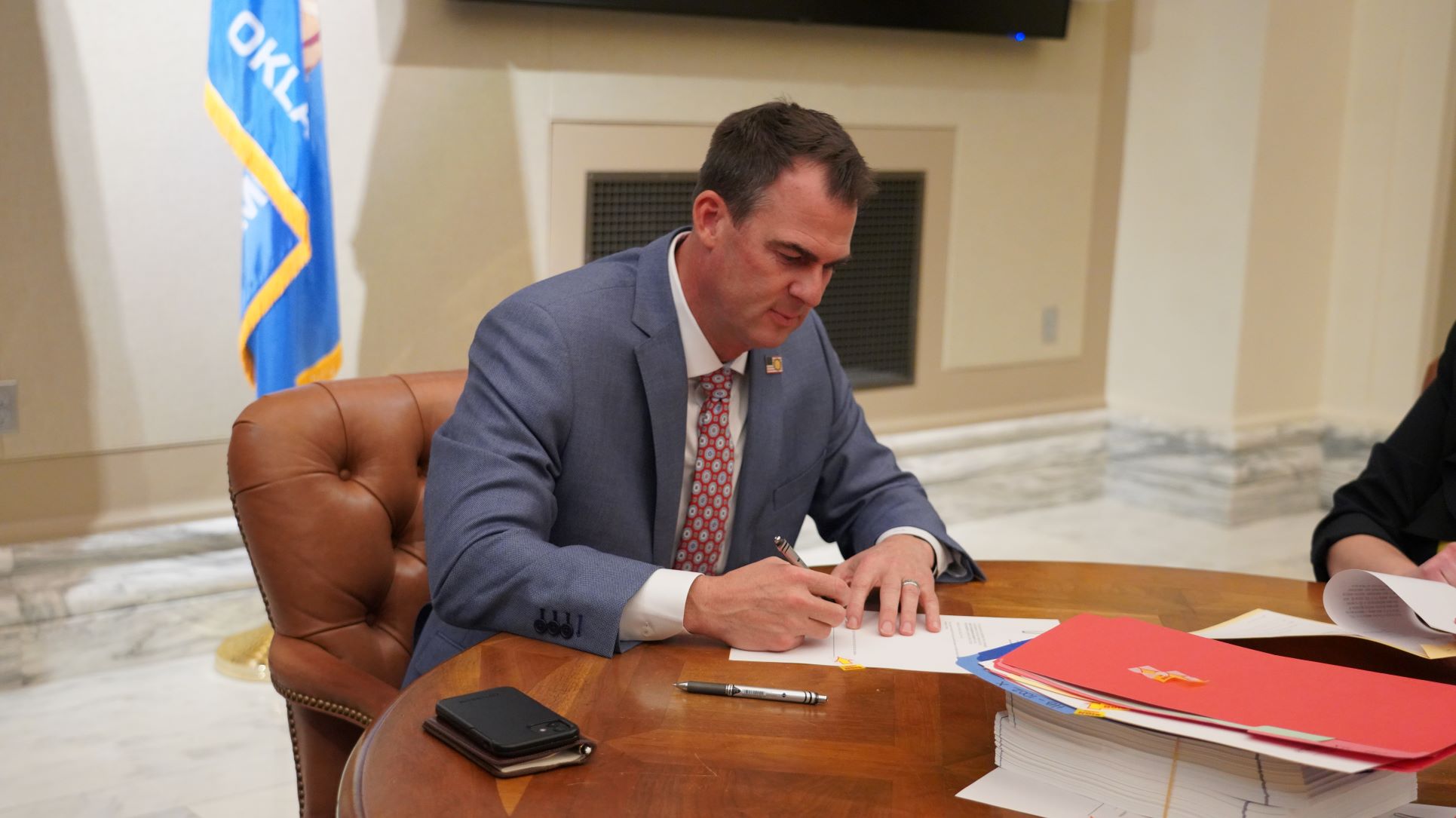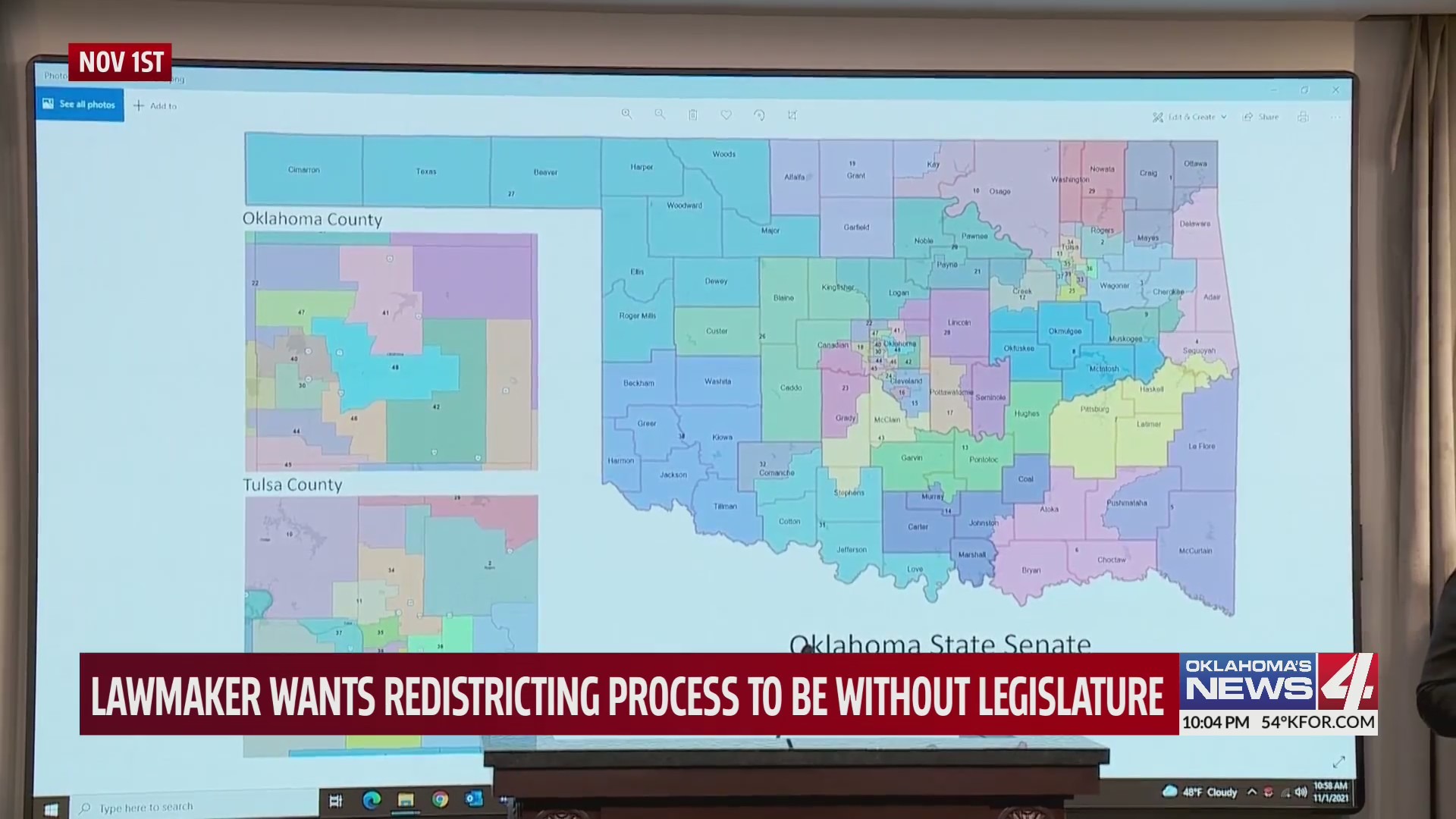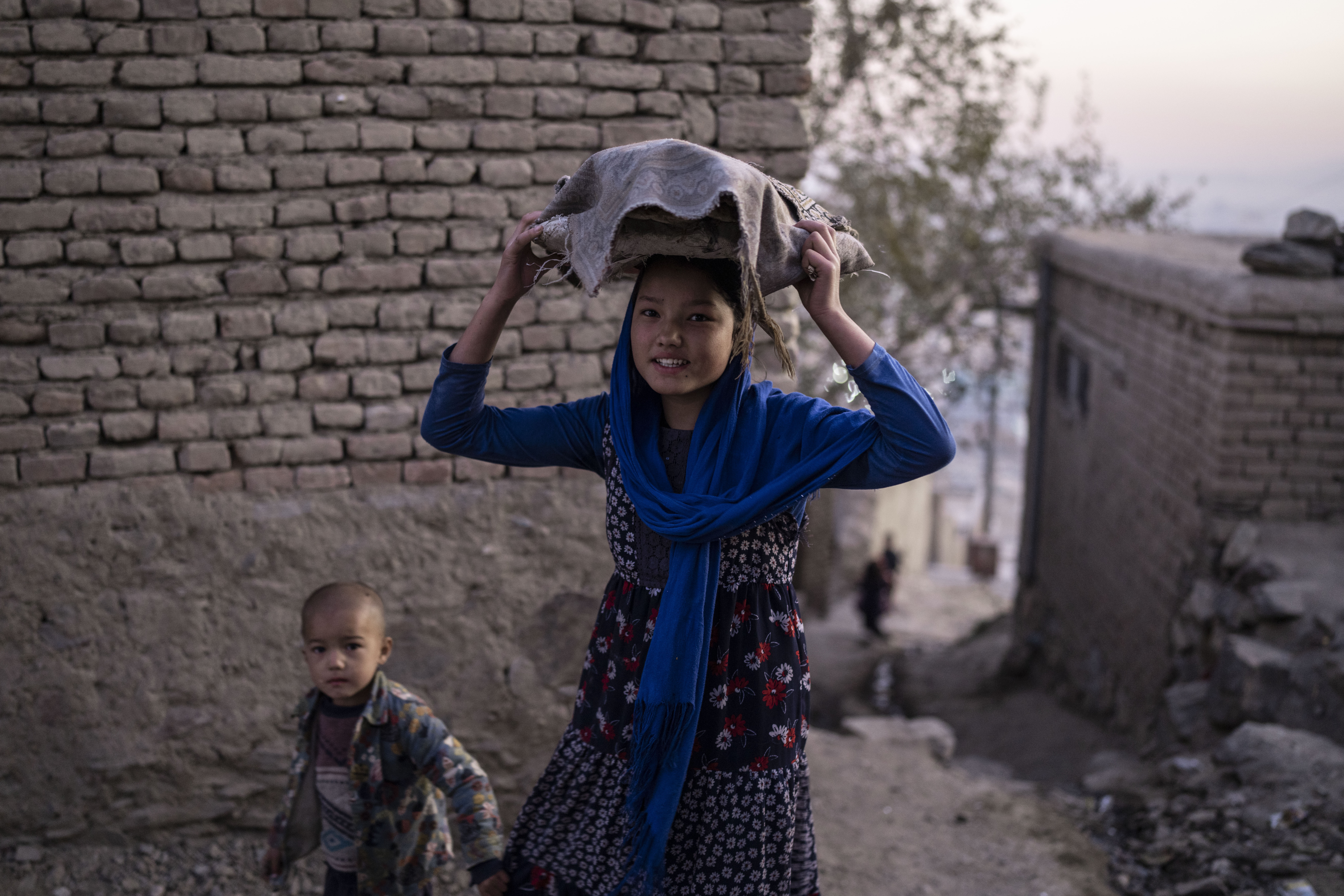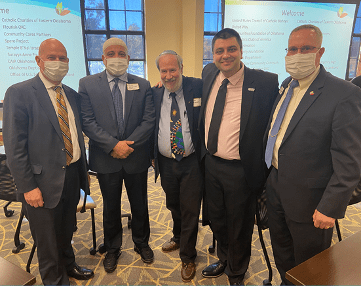OKLAHOMA CITY (KFOR) – As a business owner in Afghanistan, Faheema Eissar worked to provide clean water to families in rural villages.
“I thought it was a health concern and it was, to me, a sort of women’s issue too. The men were outside and bringing these 20 liter jugs were pretty heavy for children and women to go into a shop and bring home, so we started a business in that city, taking the water to the houses and calling for people if they need water to come out at your door and come get. That, in my way, was providing a service that was much needed,” Faheema Eissar said.
In a bid to continue her education, she decided to pursue a master’s degree in economic development half a world away- at the University of San Francisco.
Women like her are the poster children for the changing face of Afghanistan.
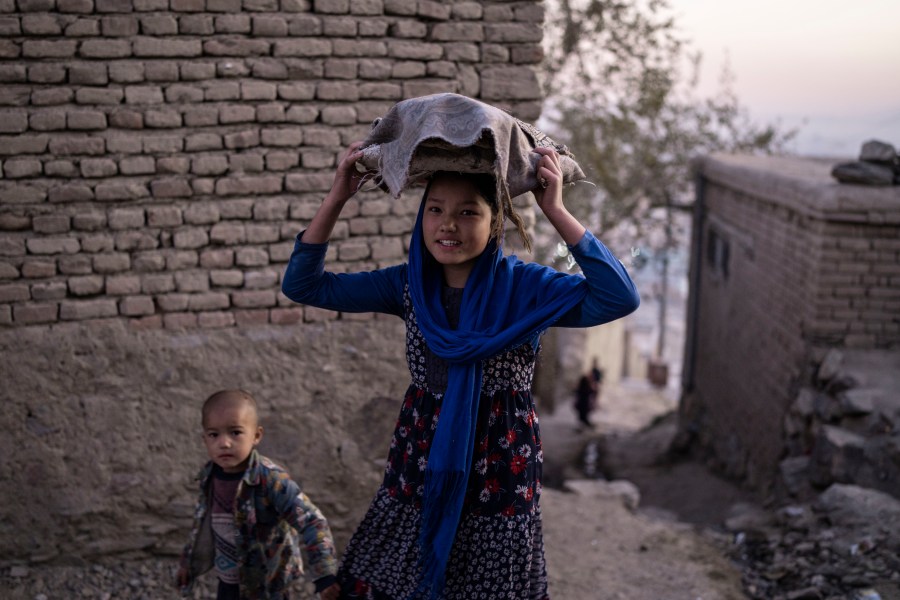
However, the situation in Afghanistan took a dramatic turn after her arrival in the United States.
Just three weeks after arriving on American soil, Kabul fell to the Taliban.
“I just moved here in the last three weeks before the fall and I was constantly contacting my friends, trying to follow the news, and every province after province was falling to the Taliban and I was just hoping that this was just another phase that would pass, and life would go on. Even with all the terror, all the bombings, the insecurities going on around the country, we still hoped and clinged to that hope to keep it. So how do you think I feel when everything fell? Devastated. Absolutely devastated. And in a way, the harsh reality in this moment and in the past two and a half months for all of us, we have not been able to calm down or sit down or cry or rest or do anything luxury. Every moment we are looking at the news, what’s happening next? Every moment we are in contact with our family, our friends, our loved ones. That everybody’s doing alright, constantly calming people down, constantly telling them that things will be OK… that is how my past two and a half months have been as I have just started my graduate studies,” she said.
Eissar says her whole plan was to further her education and return home to help communities across Afghanistan.
Instead, she now fears that she will have to find a new life after graduation.
“All this work into getting into school was, my hope of going to school was that my country would be there after I finished my education so that I could return and contribute… but all that hope is shattered,” Eissar said.
“I have to replan everything,” she added.
Eissar made her connection to the United States and Oklahoma through her work with The Institute for Economic Empowerment of Women in Oklahoma City.
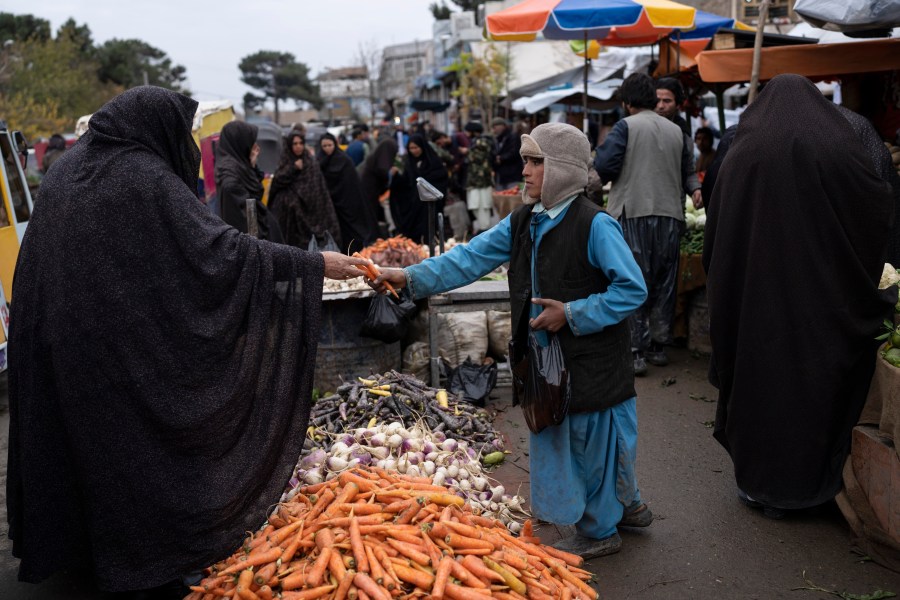
Manizha Wafeq is the in-country facilitator in Afghanistan and has been working with the organization in Oklahoma City for the past 15 years.
In the month of July, Wafeq was planning to take 60 businesswomen from Afghanistan to an expo to create several fashion shows to display some of their products.
But everything changed in August.
“No more talking about promoting businesses,” said Wafeq. “This was, as I said, a trauma. A real trauma to go from talking there about an international business exhibition to all the way here where we want to secure women visas, and put them on a list for evacuations.”
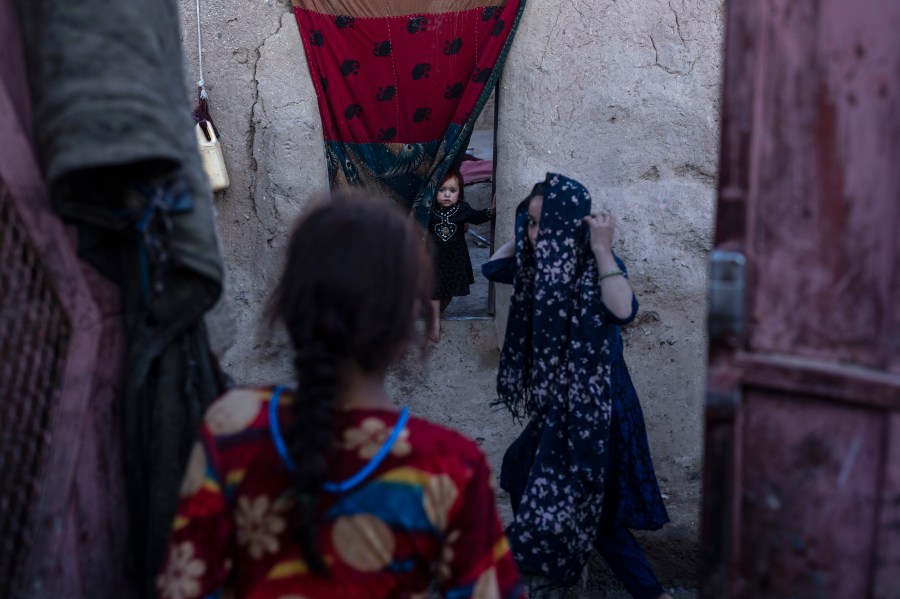
At that point, their focus shifted from fashion and business to safety, security, and obtaining visas.
“The incident that happened took us all by surprise, traumatized us. Shock would be something, very comparatively small of a word to express the condition that we went through,” Wafeq said.
While the news coming out of Afghanistan has been disheartening as families deal with hunger, medical shortages and terror attacks, the strength of the Afghan women is a bright spot.
“One thing that all of us have heard is the Taliban have banned women from going to offices to work,” Eissar said.
As a result, many government offices have prevented women from coming to work for fear of their safety.
“But the sector that they don’t have any idea in the private sector. That’s where we work at. And they don’t have any regulations or laws for women not to have their own businesses or do their own work or be creative in how they manage their businesses. So I am anticipating and hoping that this is the sector that will not be affected if we can support the women, keep their morale high, and keep guiding them,” Eissar said.
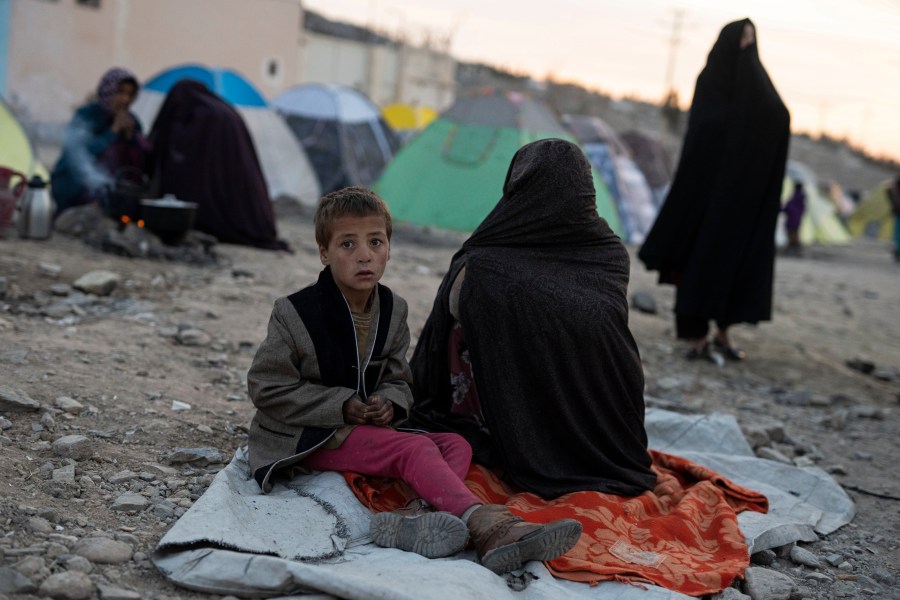
Wafeq says that women are still going to work in markets and other private businesses. She says the Afghan women are brave enough to continue to work in public-facing businesses that go against the Taliban’s belief system, like beauty parlors.
“It doesn’t mean that the Taliban have changed. What’s happening on the ground of the businesses that are active, it’s because our women have changed. They have become more brave. They have become more strong than what they were in 1990s and so they have the bigger resilience and strength of stamina to open their shops,” said Wafeq.
She says many women are still showing up to government offices in order to pay taxes or obtain necessary permits. In a bold move, 25 businesswomen attended a business conference in Kabul.
“It’s not because the Taliban have changed or that the Taliban have allowed these women to go sit, it’s because these 25 women feel brave enough to go and sit in front of the Taliban, people that can kill them,” she said.
Before the fall of Kabul, there were more than 57,000 female-run businesses in Afghanistan ranging from media companies, IT, logistics, construction, manufacturing, carpet, jewelry, fashion, and medical clinics.
“They had become role models for the next generation,” Wafeq said.
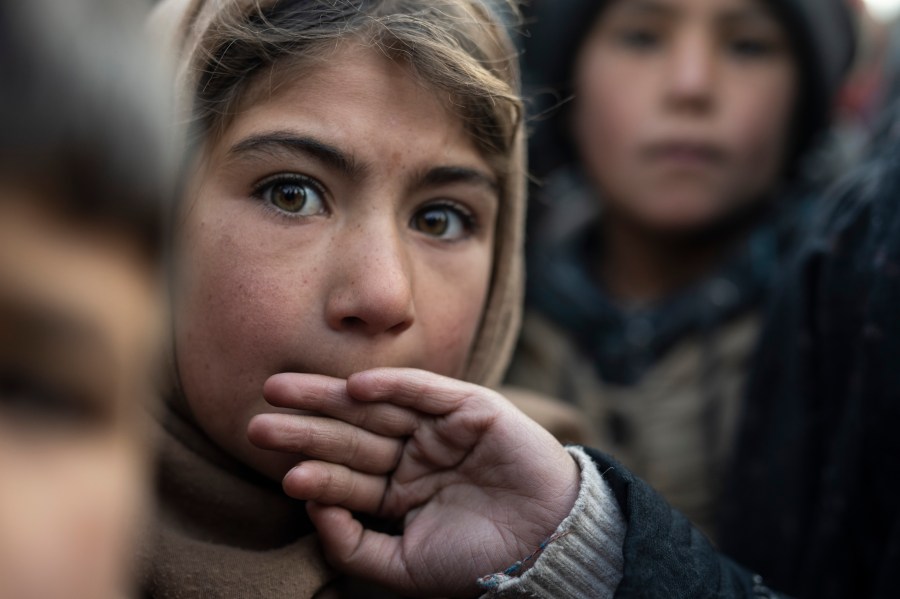
“Unfortunately, with this situation, many of them have left the country already and a number of others might feel not to continue their businesses so that means that you will not have any more of those role models for the next generation. So we have to start from scratch to build those role models for the next generation,” she added.
Since the takeover, the Taliban eliminated the Ministry of Women’s Affairs. Now, many people are concerned that more oppressive measures are on the horizon for women in the country.
Earlier this week, Taliban Prime Minister Mohammed Hassan Akhund dismissed international demands for a more inclusive government, which the U.S. has demanded before it will recognize the Taliban’s rule in Afghanistan.
























